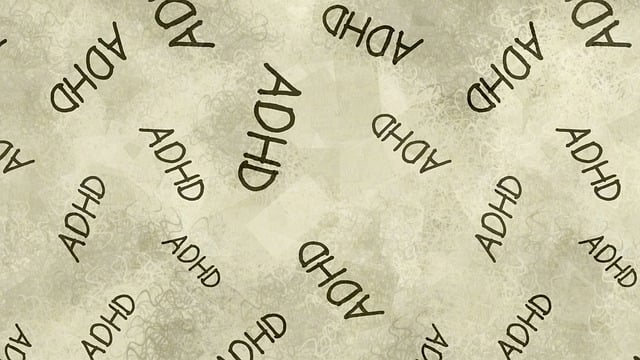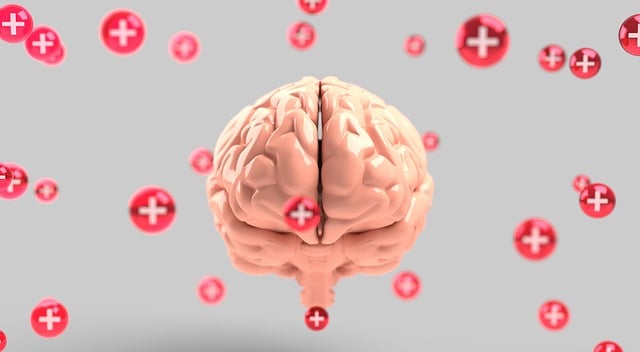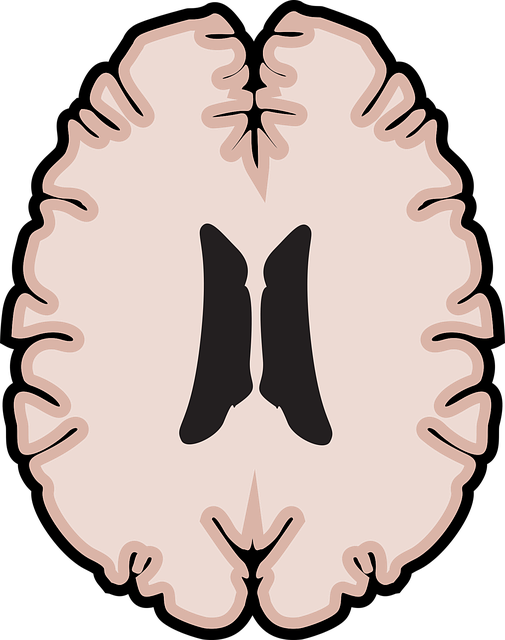Louisville Independent Medical Evaluations (LIMEs) are vital tools in therapy, providing comprehensive assessments of patients' physical and mental health, helping healthcare professionals tailor support. Integrating LIMEs enhances therapy effectiveness, especially in crisis intervention, by aligning treatment with individual needs to develop effective coping skills. Building resilience through mindfulness, self-care, cognitive behavioral therapy, open communication, and tailored burnout prevention strategies is crucial for healthcare providers. Consistent practice and cultural sensitivity ensure long-term resilience and effective coping skills, while LIMEs Therapy offers personalized support, improving mental well-being for diverse clients.
In today’s fast-paced world, coping skills development is vital for emotional well-being. This article explores strategies to enhance resilience through an in-depth look at Louisville Independent Medical Evaluations (LIMEs) and their role in therapy. We delve into effective methods for building resilient coping skills, emphasizing the impact of consistent practice in cultivating long-term coping abilities. By understanding LIMEs and implementing practical strategies, individuals can navigate life’s challenges with greater ease.
- Understanding Louisville Independent Medical Evaluations (LIMEs) and Their Role in Therapy
- Building Resilient Coping Skills: Strategies for Emotional Well-being
- The Impact of Consistent Practice: Cultivating Long-term Coping Abilities
Understanding Louisville Independent Medical Evaluations (LIMEs) and Their Role in Therapy

In the realm of therapy, Louisville Independent Medical Evaluations (LIMEs) serve as a vital tool for comprehending and addressing patients’ physical and mental health status. These evaluations provide a comprehensive assessment, especially in cases where emotional regulation and crisis intervention guidance are crucial components of treatment. By integrating LIMEs into therapy sessions, healthcare professionals gain valuable insights into the patient’s overall well-being, including their ability to cope with stress and manage symptoms associated with various conditions.
Understanding the patient’s physical health, as assessed through LIMEs, allows therapists to offer tailored support. This is particularly beneficial in promoting mindfulness meditation techniques and teaching emotional regulation skills. Such evaluations ensure that therapy aligns with the individual’s unique needs, fostering a more effective coping skills development process.
Building Resilient Coping Skills: Strategies for Emotional Well-being

Building resilient coping skills is an essential aspect of emotional well-being promotion techniques. In today’s fast-paced and demanding world, healthcare providers, like those seeking Louisville independent medical evaluations therapy, often face unique challenges that can lead to burnout if not properly addressed. Effective coping strategies are vital for maintaining mental health and preventing depression or burnout.
One strategy for developing resilience is practicing mindfulness and self-care. This involves setting aside time for relaxation, engaging in hobbies, and prioritizing quality sleep. Additionally, cognitive behavioral therapy techniques can help individuals manage stress by changing negative thought patterns into more positive and realistic ones. Encouraging open communication among peers and utilizing burnout prevention strategies specifically tailored to healthcare professionals can create a supportive environment, fostering emotional well-being.
The Impact of Consistent Practice: Cultivating Long-term Coping Abilities

Consistent practice is a cornerstone in developing robust coping skills that translate to long-term resilience. Regular engagement in therapeutic techniques, such as those provided through Louisville Independent Medical Evaluations Therapy, allows individuals to internalize healthy coping mechanisms. This process strengthens their ability to navigate life’s challenges and maintain emotional balance over time. By integrating these strategies into daily routines, people cultivate a sense of agency, empowering them to effectively manage stress, anxiety, or difficult emotions.
Cultural sensitivity in mental healthcare practice plays a crucial role in this development. Healthcare provider cultural competency training equips professionals with the knowledge and communication strategies needed to offer tailored support. Understanding cultural nuances ensures that coping techniques are accessible and meaningful to diverse populations, fostering inclusivity within therapeutic environments. This personalized approach enhances the effectiveness of Louisville Independent Medical Evaluations Therapy, ultimately contributing to improved mental well-being outcomes.
Louisville Independent Medical Evaluations (LIMEs) play a pivotal role in therapy by providing comprehensive assessments and insights, which are essential for developing effective coping skills. By understanding LIMEs and implementing strategies like building resilience and consistent practice, individuals can enhance their emotional well-being significantly. These coping skills, when cultivated over time, empower folks to navigate challenges with greater ease and resilience, fostering a more balanced and fulfilling life.








